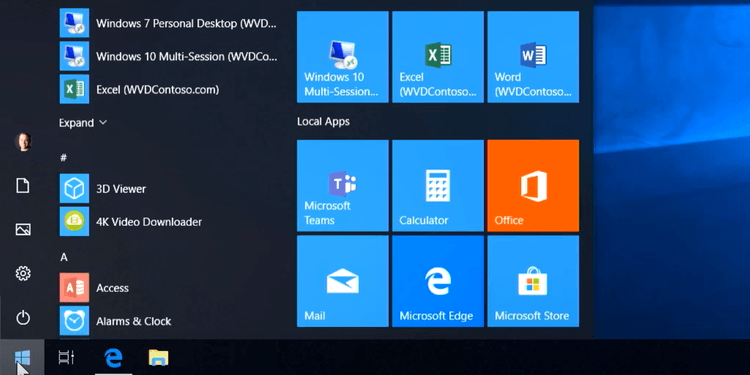Website creation isn’t difficult, but some concepts and terminology related to web hosting can be confusing. This guide will help you get your bearings.
Perhaps the most underappreciated aspect of the internet is web hosting. All of the things you enjoy about being online-podcasts, memes, articles, tweets, websites, online gaming, Netflix content-live on servers that individuals or companies pay to maintain in order to keep it available to you. The web hosting process is invisible and essential to a website’s operation.
You should understand several basic aspects of אחסון אתרים before launching a website, for instance. Creating an attractive, functional front end is relatively straightforward once you sign up and use the provider’s website-building software, but there are various terms and concepts you’ll need to be aware of. There is some confusion, if not outright contradiction, as you will soon discover. The following are some things you should know about web hosting before registering.
Post Contents
There are many differences between hosting types
The terms shared, virtual private server, dedicated, cloud, WordPress, and reseller appear all over a web host’s website. Each of them represents a different kind of web hosting, but not all web hosts offer them. There are also significant differences among the hosting types.
The cheapest form of web hosting is shared hosting, offered by most web hosts. The server and server resources of your shared hosting account are shared with many other websites. Shared hosting is a good option when your budget is small and you do not expect a lot of traffic. The price for this type of web host should be under $10 per month. Small to medium-sized sites with minimal bandwidth requirements should be able to get the most out of this level of hosting. If one of your site-mates attracts a lot of visitors, you may experience temporary slowdowns due to sharing resources. In cases where you’re on a tight budget, it’s possible to find free web hosting, but it usually includes ads and has very low technical specs.
Data Transfer and Bandwidth Are Not the Same
Data transfer and bandwidth are frequently used interchangeably to describe the amount of data that your website offers visitors, but they have different definitions, technically speaking.
In comparison to bandwidth, data transfer refers to the actual amount of information that can be transferred over a period of time – normally one month – instead of the total amount of information that can be transferred on one occasion.
Imagine you have a web host with a maximum bandwidth of 5GB, but your site is only allowed 1GB of data transfers per month, according to your host’s plan.
A web host may slow down your site’s data transfer speeds or charge you a fee if you exceed your site’s monthly data transfer allowance due to a Reddit hit, for example. You may even be prompted to upgrade your web hosting plan. You should know how much data your site can handle before you run into problems like this.
There’s No Such Thing As Unlimited
You will be enticed into signing up for a web hosting plan by web hosts who promise unlimited storage space or monthly data transfer. These promises are generally not entirely accurate. Although these web hosts may not be straight-up lying about their promises, their “unlimited” storage or data transfer promises almost always have limitations that vary from company to company. As an example, FatCow provides users with oodles of storage space, and states that there’s no limit to what they can upload – as long as they abide by the terms and use the space.
Trade-off between hard disk drives and solid state drives
You can expect to see your website hosted on a traditional hard drive (HDD) server if you sign up for shared web hosting. Its advantage is that large amounts of storage can be offered cheaply on an HDD-based server. In addition, if you upgrade to more powerful hosting plans, such as VPS and dedicated servers, you will be able to build your site on a solid-state drive (SSD).









